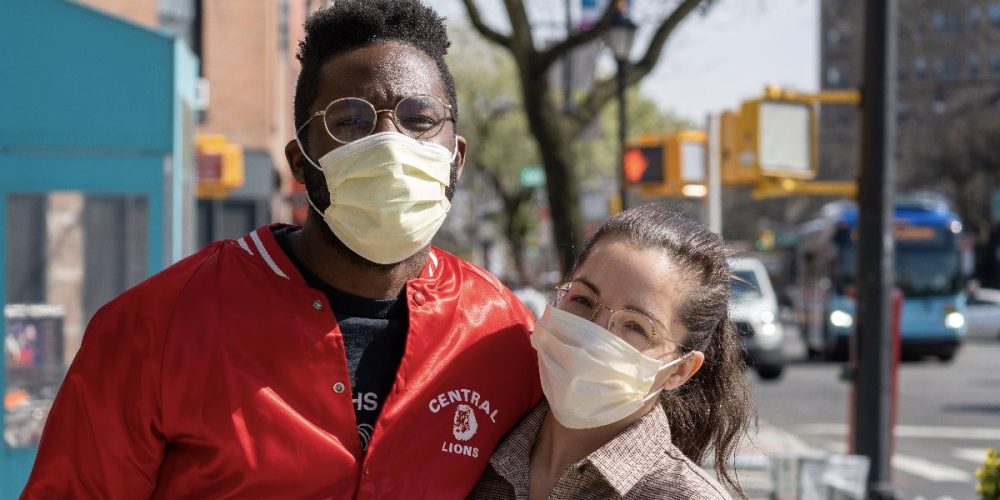Following our regular Coping with COVID-19 webinar series, our favorite psychologist Bjarne Timonen offered us his wise words once again. Did you miss out on it? Worry not! Here is a summary of what was discussed.

We started off with an overview of 9 lessons that INUKA learned through its coaches on supporting remote workers through COVID-19 stress. Our beloved CEO Robin guided us through it and elaborated upon them in greater detail. In short, they are as follows:
1. Problem Solving Therapy works in any situation
2. People respond better to their own solutions than to external advice
3. We’re all in the same boat of uncertainty
4. Creating structure is enormously powerful
5. It is possible to release what you can’t control
6. We’re more creative & resilient than we realize
7. Helping others reminds us to help ourselves
8. Starting with small steps can work wonders
9. It’s important to make an action plan and be held accountable
After this insightful introduction, we moved on to our Q&A with Bjarne, who was calling in from his car which he had parked in the beautiful Dutch countryside.
Q1: We have heard numerous times that creating structure & a routine is enormously powerful. Yet, what can be done if this becomes monotonous?
A1: Even if the same things happen on a regular basis, there are small things that can be altered. That being said, we can try to focus on different things on different days. If this is difficult, why not change something within regular activities? For instance, when going to the supermarket, we can try to take a different route and walk on a side road we had never been on before? Additionally, it works wonders to find beauty in small things that are part of our daily routine. Are you driving in your car? – Why not take the opportunity to turn up the volume and give a private concert to yourself? Are you eating your breakfast? Why not take 10 seconds to take a mindful bite and fully appreciate what you are eating? It is those seemingly small things, that can be altered and make your routine seem less dull and monotonous.
Q2: If we want to help a friend, who we know is not feeling too well in times of COVID-19, but they have no motivation or energy to take action – what can we do?
A2: The sole step of reaching out is often already much more appreciated than you might be thinking. When it comes to helping out, it is important to bear in mind that it is important to not overwhelm your friend. Start with one thing at a time and try to empower your friend with one small thing. Taking a seemingly small action might already work wonders and serve as a motivation boost. In this regard, it is important to not try to impose your wisdom on your friends but to encourage them to come up with their own solutions. However, if they seem to not find the energy necessary to do so, try to be curious as to why that is. This could not only help you better understand their situation but can also fuel their level of self-insight, which, in turn, might help them realize why they are feeling a certain way.
Unfortunately, time passed by very quickly and we had to stop after 30 minutes. However, our favorite psychologist offered to answer your questions individually in case there are any. Simply send him a video to [email protected].
This was it for now, but keep your eyes open because another webinar will follow for sure!




